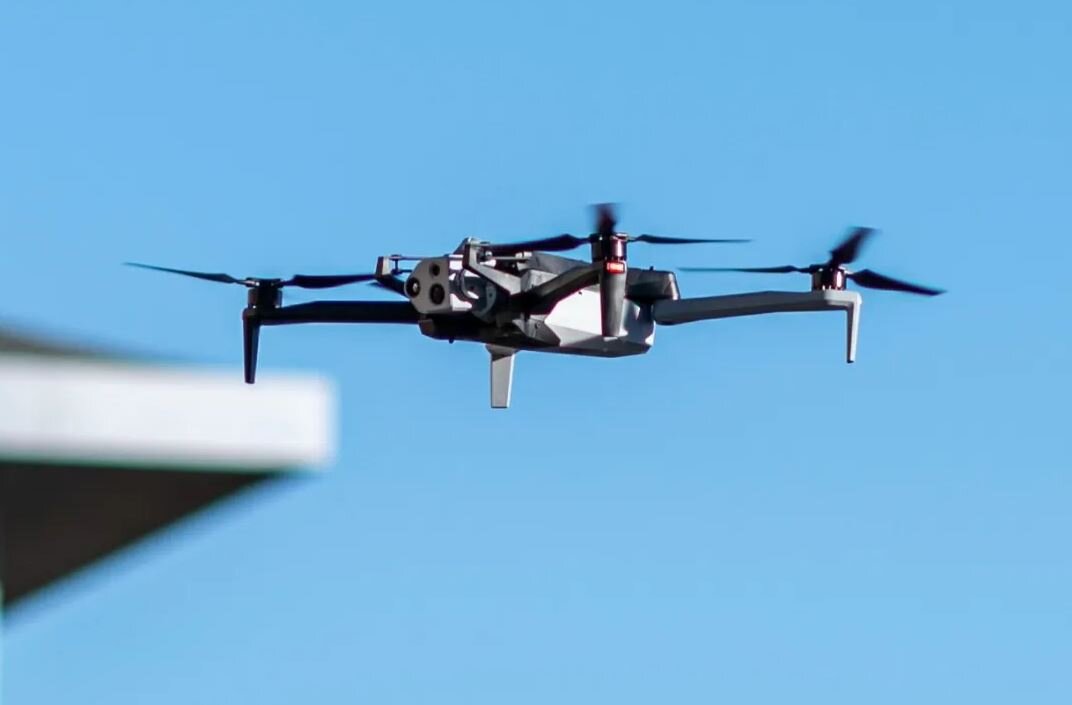Pezshkian enacts comprehensive law to regulate civilian drone operations

TEHRAN – Iran has introduced a sweeping new law regulating the production, registration, and operation of civilian drones, aiming to establish greater security oversight and legal accountability over their use nationwide.
The legislation—formally titled the Comprehensive Law on the Regulation of Civilian Remote-Piloted Aircraft (Drones)—was approved by the Iranian Parliament on September 27, 2025, and later endorsed by the Guardian Council on September 30. It was officially conveyed to the government by Parliament Speaker Mohammad Baqer Qalibaf on October 8.
Comprising 22 articles and 17 notes, the law sets out a unified legal framework for the registration, licensing, and insurance of civilian unmanned aerial vehicles (UAVs). It also defines key operational terms such as “owner,” “operator,” “user,” and “flight operation,” while outlining specific roles for security and regulatory institutions.
Under the new regulations, the operation of drones linked to security agencies—including the Ministry of Intelligence, the IRGC Intelligence Organization, and the Law Enforcement Command—will follow directives approved by the Supreme National Security Council.
A 13-member working group, chaired by the Secretary of the National Security Council, will oversee the law’s implementation and coordinate inter-agency monitoring to ensure full compliance.
Licenses for the manufacturing, repair, training, and operation of civilian drones must be approved jointly by the Ministry of Defense, the IRGC Intelligence Organization, and the Civil Aviation Organization. Any unauthorized production or operation is classified as a criminal offense.
The law encourages the Vice-Presidency for Science and Technology to promote domestic manufacturing, support the transfer of dual-use technologies, and facilitate the export of Iranian-made civilian drones.
Imports of drones and related components, meanwhile, will be permitted only when no local equivalent exists or when required for developmental purposes.
All drone owners are required to obtain an official ownership certificate containing technical specifications and a unique identification number.
Drone operations will be restricted to certified operators using registered aircraft, and all flight plans must be logged in a centralized system to be established within three months by the Iran Airports and Air Navigation Company. Security and intelligence agencies will have direct access to this database.
Selling or operating drones without official documentation is strictly prohibited, and all unregistered owners must complete the registration process within three months to avoid legal penalties.
The new legislation follows a series of Israeli drone attacks on Iranian territory in June, during a 12-day conflict that left more than a thousand people dead. According to Iranian officials, the attacks—carried out using small unmanned aerial vehicles—targeted the homes of military commanders and nuclear scientists.
Security agencies had previously raised concerns about the lack of comprehensive legal mechanisms to monitor drones flying near sensitive facilities, including military and nuclear sites.
The new law, authorities say, not only closes those security gaps but also creates a stable foundation for the safe, transparent, and locally controlled development of Iran’s expanding drone industry.
Leave a Comment